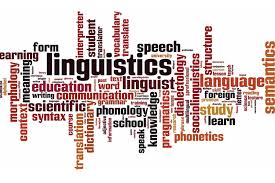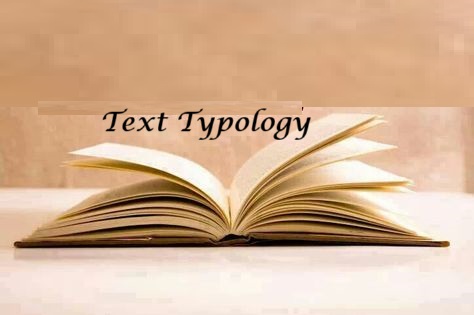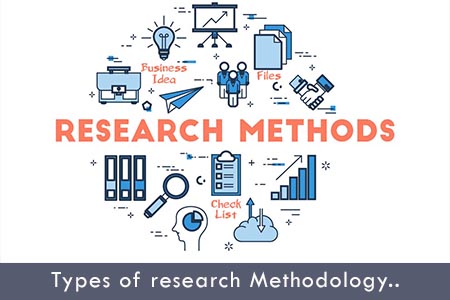
This lecture provides learners with the main concepts and Principles of General Linguistics, it aims at helping them to understand the meaning, objectives and methods of the scientific study of language. In addition; the current lecture presents the main figures who contributed in the construction of linguistics as an essential autonomous science . The lessons provided contribute in making students aware of the importance of linguistics in our scientific and daily life since language is a human activity.
- Teacher: meryem zerrifi

This course deals with texts and some reading techniques that will undoubtedly help students improve their reading skill and develop a rich and broad understanding of literary texts and how to interpret and analyse them.
- Teacher: djamila bouderba

Written Expression for L2 level is a tutorial-based course (TD) of a weekly schedule of one hour and a half (1h.30). Its program is thematically divided into two terms. In the first term, students will be introduced to different parts of essay writing, namely introductory paragraph, thesis statement, body paragraphs, and concluding paragraph. In addition, it familiarizes them with the essential elements of the essay especially coherence, cohesion, unity and completeness. In the second term, students will practice writing major types of essays (methods of development), which include process, classification, cause/effect, compare/contrast and persuasive (argumentative) essay.
- Teacher: zohra bekhedda

Written Expression for L2 level is a tutorial-based course (TD) of a weekly schedule of one hour and a half (1h.30). Its program is thematically divided into two terms. In the first term, students will be introduced to different parts of essay writing, namely introductory paragraph, thesis statement, body paragraphs, and concluding paragraph. In addition, it familiarizes them with the essential elements of the essay especially coherence, cohesion, unity and completeness. In the second term, students will practice writing major types of essays (methods of development), which include process, classification, cause/effect, compare/contrast and persuasive (argumentative) essay.
- Teacher: zohra bekhedda
THE AIM OF THIS COURSE IS TO PROVIDE STUDENTS WITH A COMPREHENSIVE UNDERSTANDING OF THE VICTORIAN ERA 1837-1901.
- Teacher: Amel Belmihoub
this course focuses on the Age of Reason as transpired in Britain during the 17th and 18th centuries, a period marked by transformative advancements in science, philosophy, politics and literature.
- Teacher: Amel Belmihoub

the module methodology offers a comprehensive yet a detailed introduction to the essential components of research. The course equips students with the skills to effectively design and conduct research projects
- Teacher: abdelkader chetouane